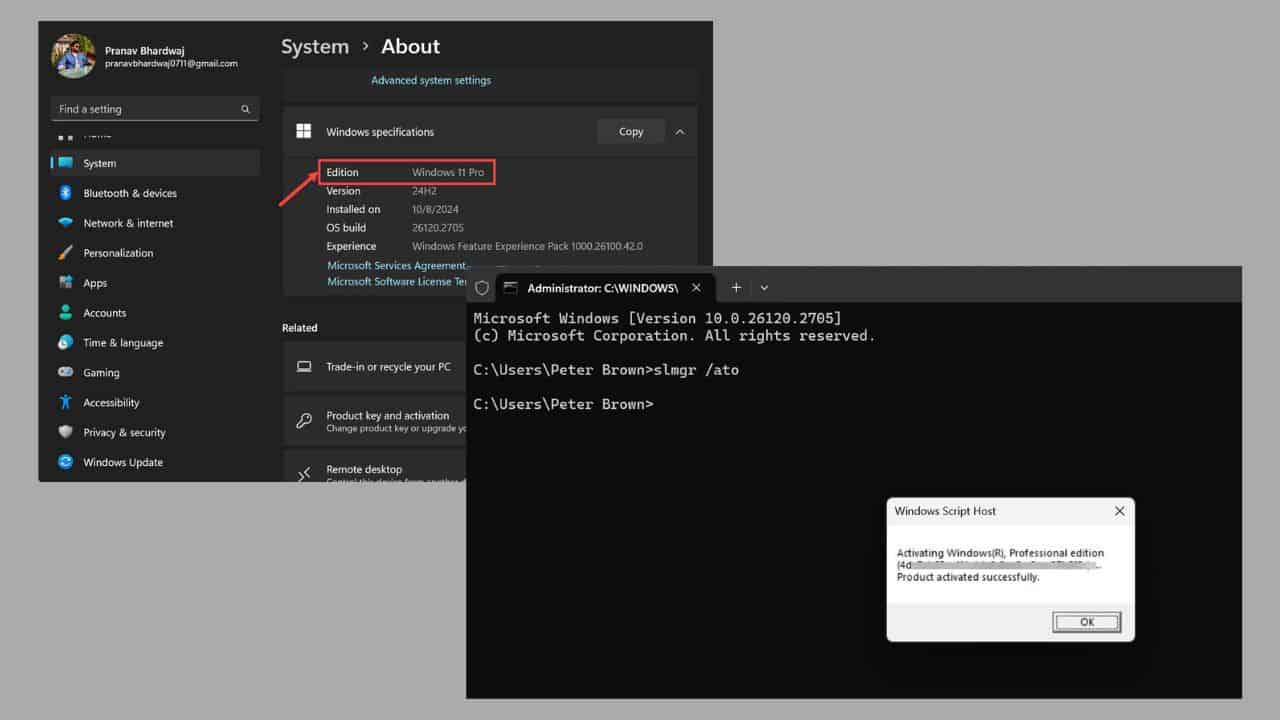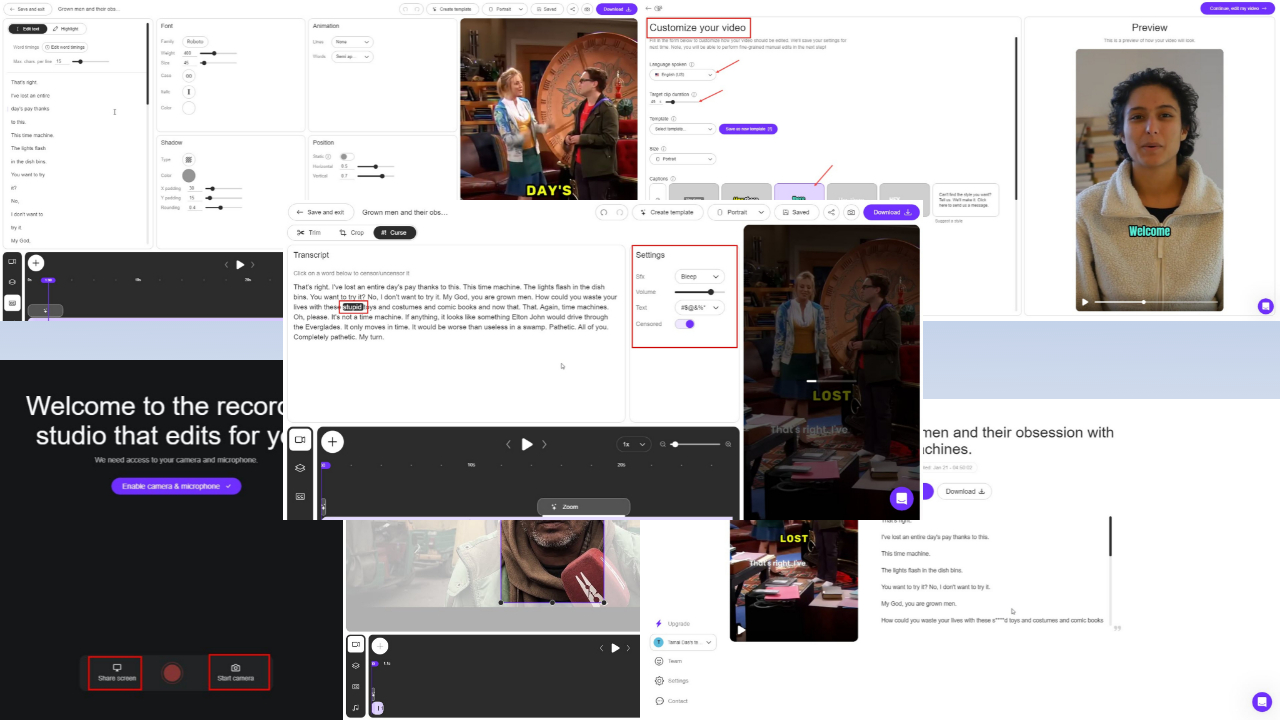Apple wins last minute stay of execution of order to open up App Store payments
3 min. read
Published on
Read our disclosure page to find out how can you help MSPoweruser sustain the editorial team Read more

We reported a week ago that Apple has asked the Court of Appeals for a stay of Judge Gonzalez-Rogers’s order which is set to force them to allow developers to link out to alternate payment systems instead of using Apple’s in-app payment system.
“Given the injunction’s effective date of Dec. 9, Apple seeks immediate entry of an administrative stay that would expire 30 days after the Court’s ruling on the stay motion,” Apple wrote, saying “The App Store will have to be reconfigured — to the detriment of consumers, developers, and Apple itself.”
Today, a day before the order was set to go into effect, the Court of Appeals (via 9to5Mac) have granted the request, saying:
“Apple has demonstrated, at minimum, that its appeal raises serious questions on the merits of the district court’s determination that Epic Games, Inc. failed to show Apple’s conduct violated any antitrust laws but did show that the same conduct violated California’s Unfair Competition Law. Therefore, we grant Apple’s motion to stay part (i) of paragraph (1) of the permanent injunction. The stay will remain in effect until the mandate issues in this appeal.”
Apple has already failed when making a similar request to Judge Gonzalez-Rogers, saying Apple had been given sufficient time since the original ruling to prepare for the injunction to take effect.
The order arises from the long-running case between Apple and Epic when Judge Yvonne Gonzalez-Rogers handed Epic a victory by permanently restraining Apple from stopping developers from linking out to alternate payment methods outside of the app store.
Apple was also prohibited from preventing developers from communicating with users via information gathered from their apps via account registrations.
In turn, the judge failed to find Apple was a monopoly, noting that the market was all digital mobile gaming transactions, not just those that take place on iOS, and had the right to collect a fee for the use of its platform.
At the time, Apple painted this as a victory, saying:
“Today the Court has affirmed what we’ve known all along: the App Store is not in violation of antitrust law,” a representative said. “Apple faces rigorous competition in every segment in which we do business, and we believe customers and developers choose us because our products and services are the best in the world. We remain committed to ensuring the App Store is a safe and trusted marketplace.”
Apple however claims allowing alternate payment methods were dangerous to app store users.
Links and buttons to alternate payment mechanisms are fraught with risk. Users who click on a payment link embedded in an app—particularly one distributed through the curated App Store—will expect to be led to a webpage where they can securely provide their payment information, email address, or other personal information.
It is notable that Apple does not stop developers from using alternate payment methods when selling physical goods such as groceries, making the warning ring somewhat hollow.
Epic has of course already said they would be appealing, having failed to convince Judge Yvonne Gonzalez-Rogers of 9 out of 10 points, including whether Apple is a monopoly and whether alternate app stores should be allowed, whether side-loading should be allowed, and whether Apple’s 30% app store tax is excessive and should be reduced.
via Engadget








User forum
0 messages